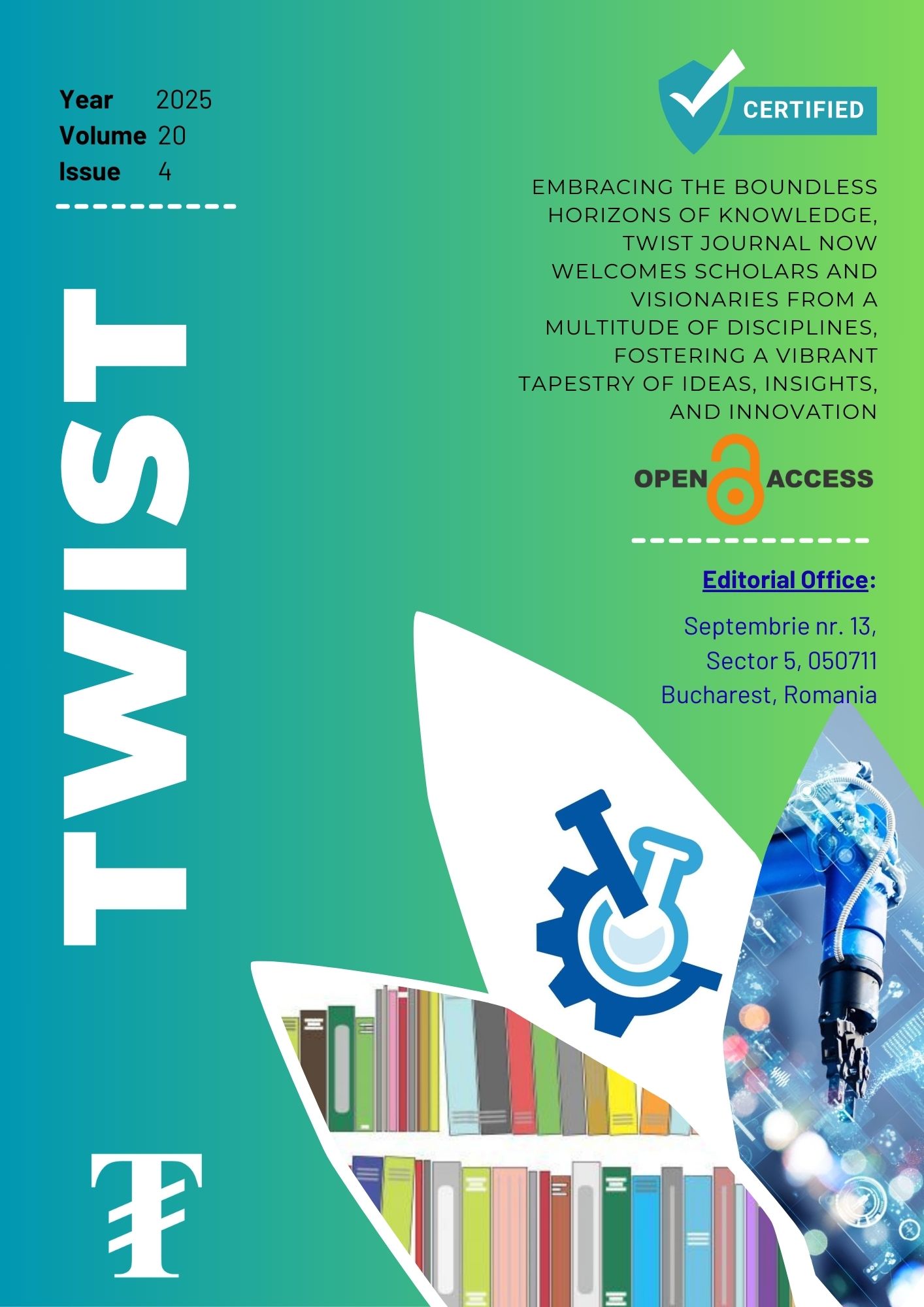Psychosocial and Personality Predictors of Mental Well-being among Undergraduates in Ekiti State, Nigeria
Keywords:
Religion, Ethnic ties, Self-worth, Mental Health, Emerging Adults, StudentsAbstract
Mental well-being among undergraduates is a growing concern and it is attributed to so many factors across the world. Understanding the factors that contribute to mental well-being among Nigerians can help in devising effective interventions. The study employed a descriptive research design to obtain information from 369 undergraduates of selected higher institutions in Ekiti State, Nigeria. The predictive roles of some psychosocial factors (religiosity, ethnicity), and a personality factor (self-esteem) were tested on mental well-being. Findings showed that ethnicity (β = .441, t = 9.698, p < .001), religiosity (β = .124, t = 2.571, p = .011), and self-esteem (β = .441, t = 9.698, p < .001) independently and jointly predicted mental well-being (F (64.79), p = .001). Based on these findings, it was concluded that religiosity, ethnicity, and self-esteem are significant determinants of mental well-being and that these variables should be incorporated when devising effective interventions for well-being among Nigerian university students.
Downloads
Downloads
Published
Issue
Section
License
Copyright (c) 2024 TWIST

This work is licensed under a Creative Commons Attribution-NonCommercial-ShareAlike 4.0 International License.











